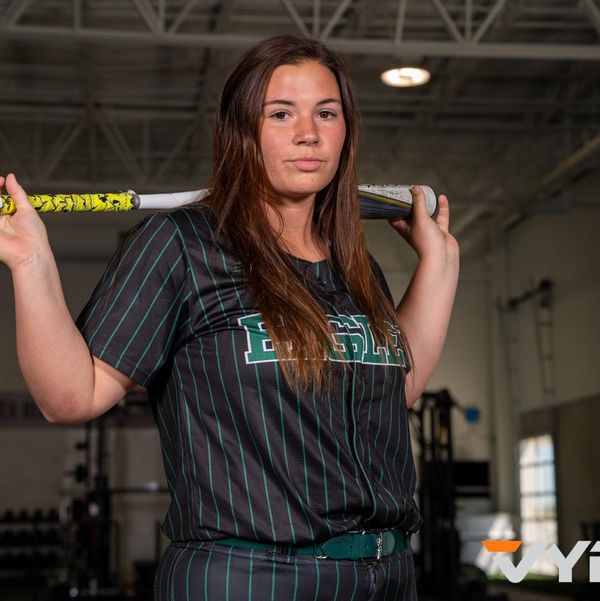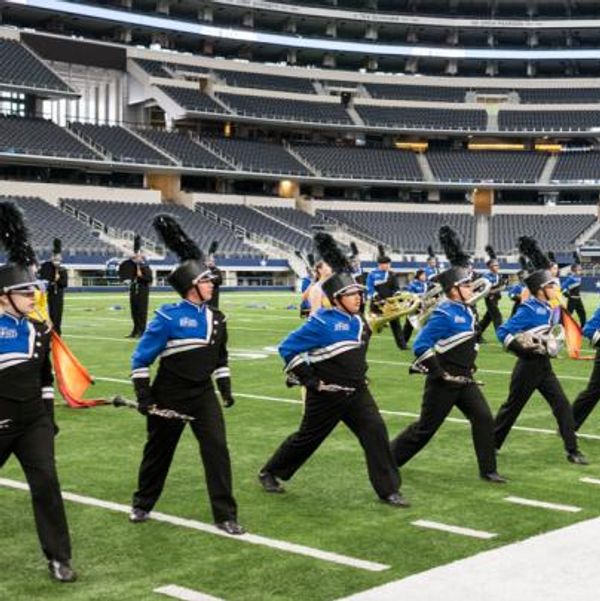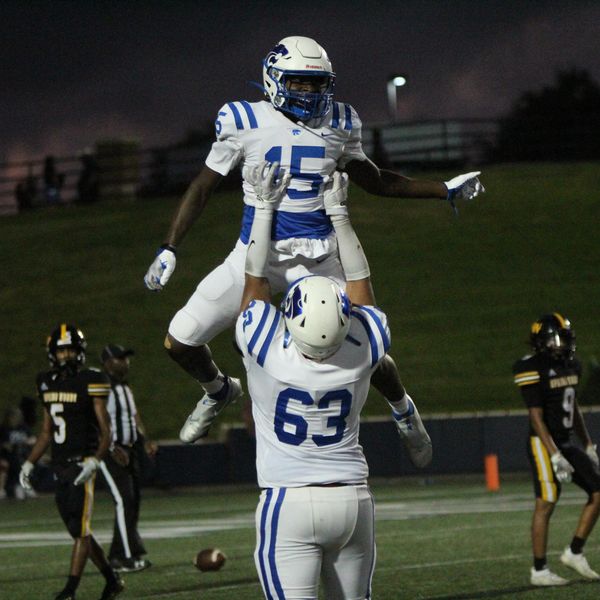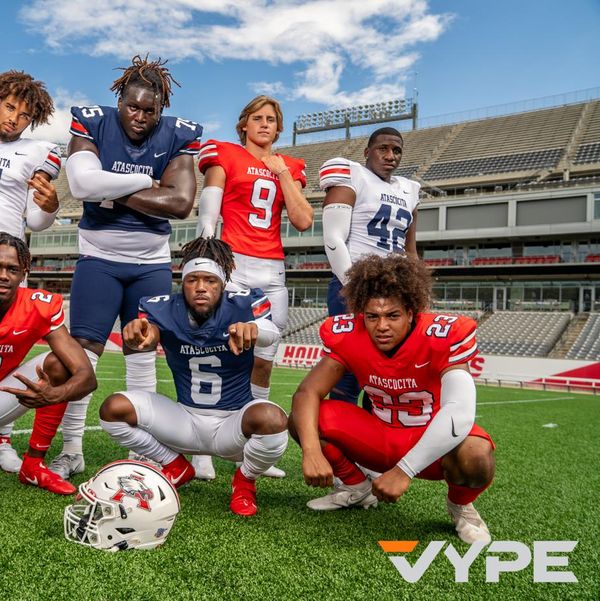ROBERT ANDREWS SAYS: Cancelled Seasons and the Mental and Emotional Well Being of Your Athlete
The Coronavirus outbreak has sent a shock wave of anxiety and concern throughout the world of sports. Here in the United States the MLB, NBA, MLS and even the new XFL have postponed or canceled their seasons. The NCAA even cancelled March Madness. Entire seasons in gymnastics, baseball, tennis and numerous other sports have been put on hold or cancelled.
Athletes in junior high, high school and college are not going to school as we wait and see how bad this crisis gets and how long it last.
With the sudden halt of these seasons, and the lack of the structured environment that school provides, hundreds of thousands of athletes throughout the country must face a serious transition. This transition forces the athlete to face a number of key stressors and losses that could have an impact on one's mental and emotional health and well-being.
Athletes must face and adjust to these losses:
The loss of a highly structured school and team environment.
The loss of routines and daily rituals.
The loss of identity associated with being a student/athlete.
The loss of the dreams that go with a promising season or key event.
The loss of an active lifestyle that stimulates one's mind and body.
The loss of a highly competitive mindset in the classroom and in sport.
The loss of camaraderie and connection to a team.
The loss or ending of a career.
The loss of activities associated with campus life.
The loss of family centered events (games, tournaments, travel)
...
Athletes don't train for a critical event like this and the losses that come with it. The further along one is in their career the more difficult it might be to face this shut down.
Olympic hopefuls are facing the uncertainty of the Olympic games being cancelled. Years of training, conditioning, discipline, competing, mental training and overcoming injuries are now in jeopardy as the crisis at hand spreads. Altering training schedules and gearing down mentally and emotionally, if the Olympics are delayed. It will take an enormous amount of mental and emotional energy.
Professional athletes are suddenly kept away from the game they love, connection to their coaches and teammates and a highly structured lifestyle.
College basketball, tennis, gymnastics and other sports have had their seasons end and dreams and goals shattered due to the NCAA tournaments and other events being cancelled.
The careers of some college seniors have harshly and unexpectedly come to an end.
At the club level in sports like gymnastics and volleyball, State, Regional and National competitions are on hold if not cancelled.
Along with the sudden end to a season can come a just as sudden halt to a highly structured and intense training routine. For many, workouts and training sessions have stopped. There is research that tells us that when an athlete who is used to a very active training regiment suddenly stops training and being active, hormones and other important chemicals in the brain and body change. These changes can have a serious impact on the brain, mental and emotional states, personality, mood and behavior.
...
Things to look for:
Emotional changes: Increased anxiety, frustration, sadness, grief, outburst of anger, despair, depression and hopelessness.
Personality and behavioral changes: Isolation, withdrawal, sullen or depressed. Outgoing personalities might become withdrawn and spend more time alone or in their bedrooms. Some might become quiet. Others might experience angry outburst and bouts of extreme frustration. Others might become hyper controlling in an attempt to gain control over a situation they have absolutely no control. You might see experimentation or increased use of drugs and alcohol.
This crisis could be one of the most significant transitions an athlete might face, depending on their age, level of competition, maturity and emotional intelligence.
Increasing our awareness about symptoms that they might exhibit as they work their way through the losses associated with the end of their respective seasons, will help us to provide the care they need.
If you are concerned about self-quarantine and social distancing, most providers are equipped to provide technologically assisted calls or sessions on the internet. These sessions can be very effective. Just make sure that your athlete is in a quiet private area, is using a tablet or computer for a larger image on the screen, has earphones on for privacy and has a pen and paper to take notes.
We will get through this and sports will return. In the meantime, let's give our athletes the care they need as they work their way through the mental and emotional gauntlet they face.
"Robert Andrews and his highly skilled team of mental training experts assist athletes in achieving peak athletic performance and overcoming the mental and emotional impact of serious sports related injuries. They work with teams, coaches, parents and sports organizations, and stand ready to assist athletes and their families as they face this difficult crisis that comes with the shut down of sports."www.tinssp.com


































